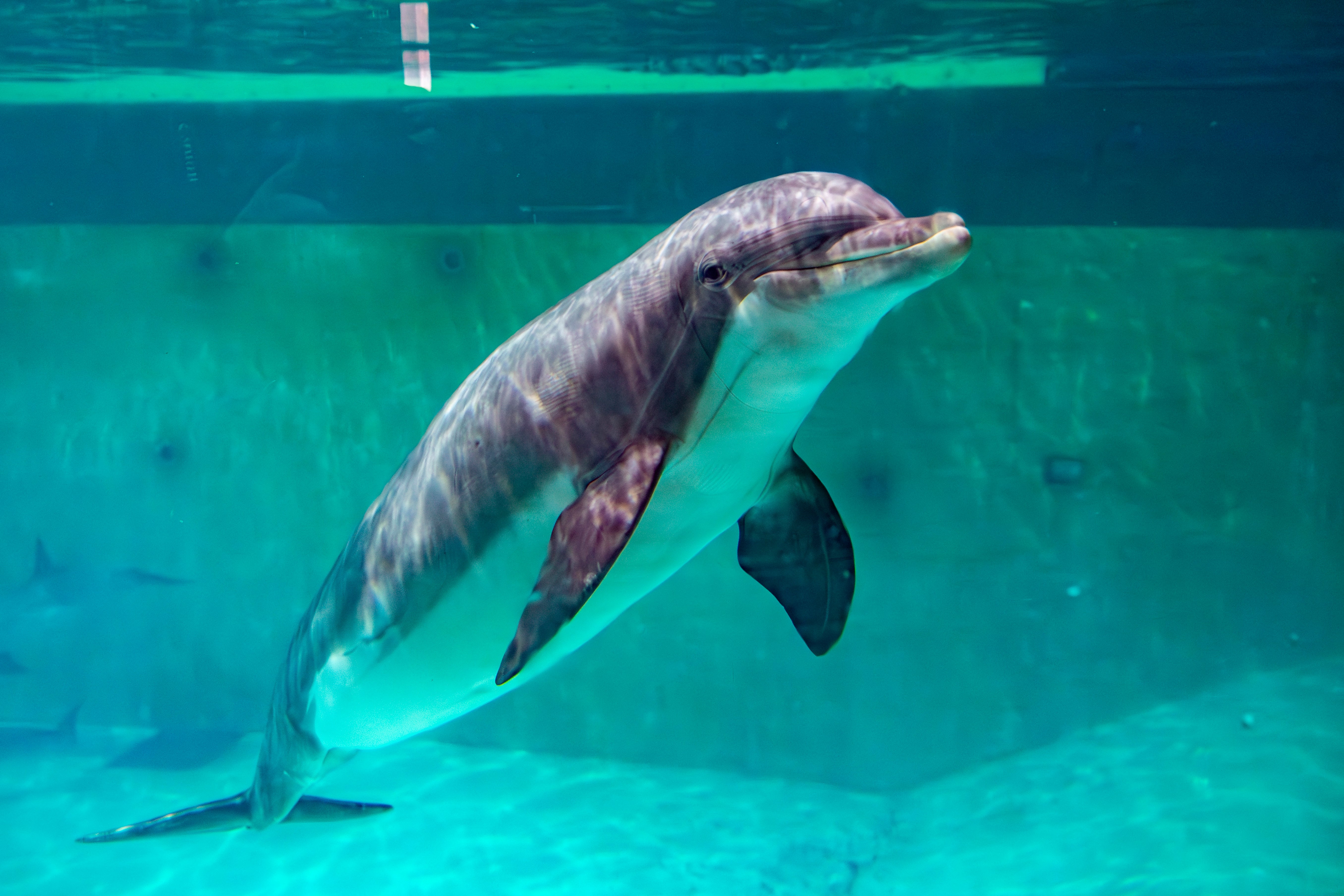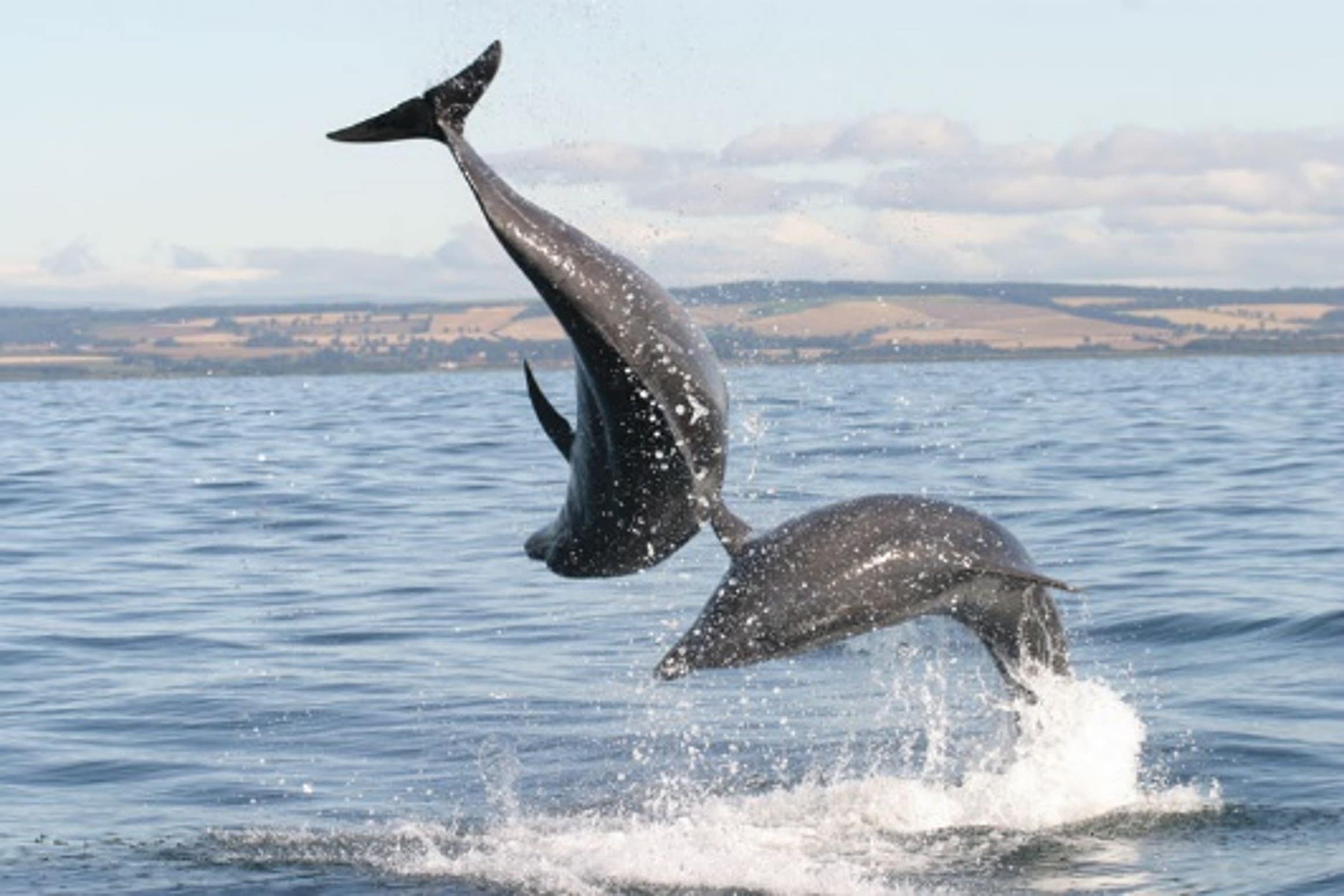AI tool will be able to trace dolphins by their regional accent
There are 42 species of dolphin and they use hundreds of different sounds to communicate

Your support helps us to tell the story
From reproductive rights to climate change to Big Tech, The Independent is on the ground when the story is developing. Whether it's investigating the financials of Elon Musk's pro-Trump PAC or producing our latest documentary, 'The A Word', which shines a light on the American women fighting for reproductive rights, we know how important it is to parse out the facts from the messaging.
At such a critical moment in US history, we need reporters on the ground. Your donation allows us to keep sending journalists to speak to both sides of the story.
The Independent is trusted by Americans across the entire political spectrum. And unlike many other quality news outlets, we choose not to lock Americans out of our reporting and analysis with paywalls. We believe quality journalism should be available to everyone, paid for by those who can afford it.
Your support makes all the difference.A groundbreaking AI tool will be able to track dolphins by their regional accents.
Sea mammal expert Dr Julie Oswald, of the University of St Andrews’ Scottish Oceans Institute, created the tool, known as the Real-time Odontocete Call Classification Algorithm (Rocca), using AI.
It can categorise dolphin calls by species and comes in different versions linked to different geographical areas.
There are around 42 species of dolphin and they use hundreds of different sounds to communicate.
The mammals learn to mimic the sounds they hear from a young age and some develop a unique signature whistle they use to announce their identity.
Scientists can study them using hydrophones – underwater microphones that capture sounds as dolphins pass by – but analysis of these sounds can be difficult.
Rocca has made it easier by using machine learning to reveal subtle acoustic differences to match sounds to species with regionally specific settings to account for accents.
This allows the tool to identify the type of species present in a particular area.
Dolphins develop region-specific accents, meaning a bottlenose dolphin in the North Sea may produce different sounds compared with one in the Pacific.

Rocca accounts for these regional differences to help conservationists identify dolphin species more accurately and assess the impact of human activities such as fishing and sonar disturbances.
Dr Oswald is currently expanding Rocca’s applications to other species and ecosystems in regions such as West Africa, Macaronesia and the Mediterranean.
She is also working with scientists and conservationists to train them in acoustic monitoring using Rocca.
The Rocca was one of the winners of the EarthRanger 2024 Conservation Technology Award, which recognises innovations and technology-driven solutions that make measurable conservation impacts.
Jes Lefcourt, Ai2’s senior director of conservation technology and director of the EarthRanger programme, said: “The Scottish Oceans Institute has been improving the understanding of cetacean communication for 20 years.
“Their recent innovations using AI have improved the ability to track and monitor populations of these species and also highlight the individuality of the animals.”